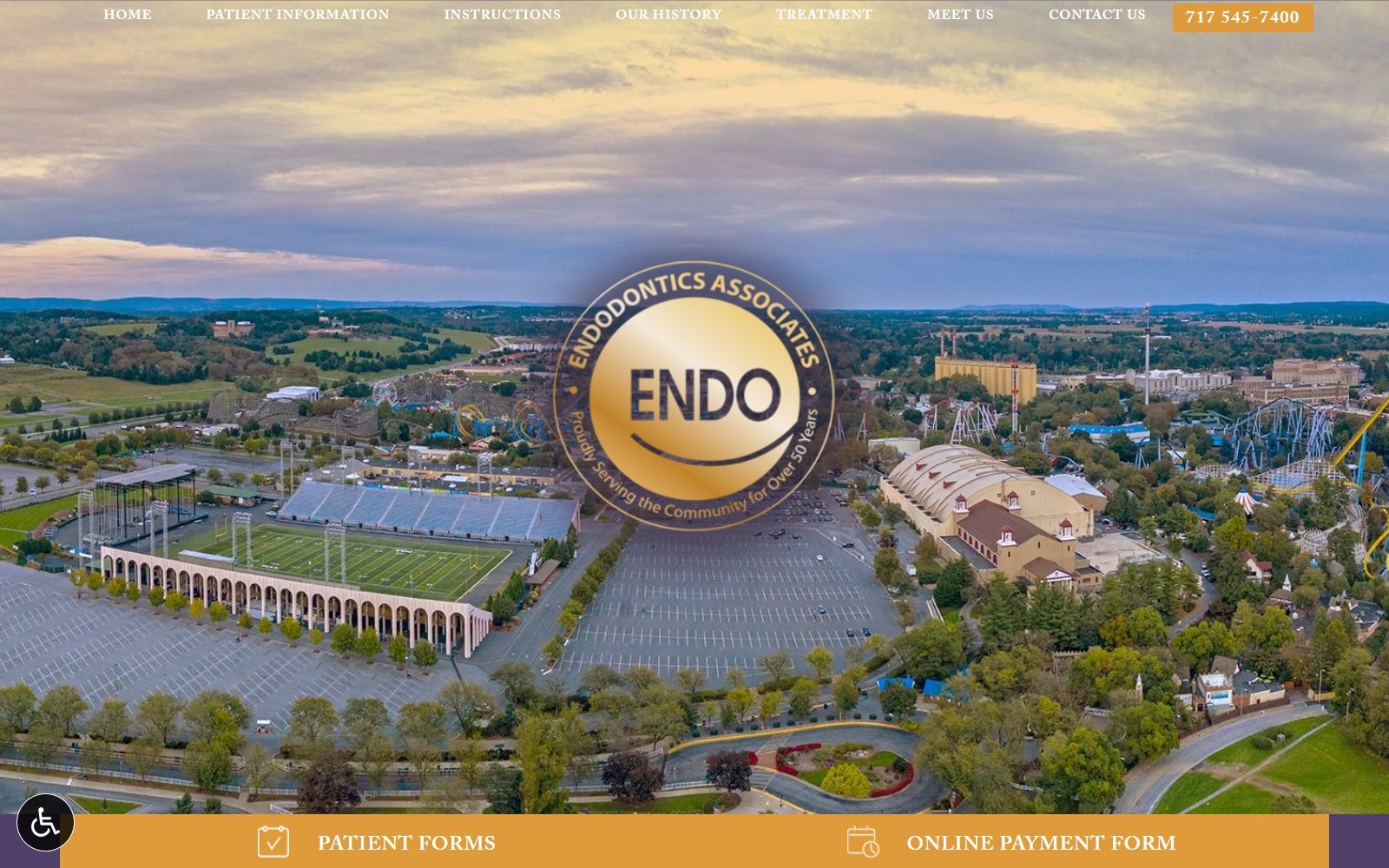Have you ever experienced a throbbing toothache? If so, you may have visited an endodontist.
An endodontist is a dental specialist who is trained to diagnose and treat diseases of the tooth, pulp, and nerve. The most common procedure an endodontist performs is a root canal treatment. Endodontists go through a specialty 2-3 year program after they finish their dental school.
Endodontists can also diagnose and treat cracked, chipped, and broken teeth and perform root canals. In addition, endodontists are experts in diagnosing and managing dental trauma and are often called upon to help restore fractured teeth. Endodontists have completed additional training beyond dental school. The American Dental Association (ADA) and the American Association of Endodontists (AAE) regulate training and practice for endodontists.

Image Source: FreeImages
Endodontic Procedures
Root canals – Root canal treatments are used to treat teeth that have become infected or are otherwise in danger of being removed. The root canal process involves removing the diseased pulp from inside the tooth and replacing it with a filling material.
Root canal retreatment – When an old root canal treatment fails, re-treatment can solve the problem. Due to the complexity of these types of treatments, they are almost exclusively done by Endodontists.
Apicoectomy – Apicoectomy is a dental surgery in which the tip of the root of a tooth is accessed through the gum and is partially removed and sealed from the end of the root. It is used when there is an infection at the tip of the root, but it is impossible to reach that area through the root canal. For example, when a large metal post is blocking the root canal.

Endodontic Technology
The ideal outcome of any root canal treatment is that the tooth remains viable and free of complications. The new dental technology used by endodontists can improve the success rate of root canals with minimal discomfort. The most common technology used in Endodontics today is specialty microscopes. Computerized Tomography (CT) scanning can be used to assess the progression of the infection in the root canal system and the prognosis for successful treatment. The apex locator is another device that helps accurately measure a tooth’s root so the Endodontist knows where to clean and where to seal with filling material. Other examples are endo ultrasonic devices and new digital imaging systems.

Endodontist vs. General Dentist
While a general dentist can and does offer root canal treatments, often a specialist may be a better choice to treat a dental infection, especially when a tooth with complex anatomy needs a root canal. For example, a tooth with multiple roots and curved-shaped root canal systems.
Cost of Endodontic Treatment
A root canal procedure can cost anywhere from a few hundred to thousands. The cost of endodontic treatment depends on many factors, such as the severity of the infection, the extent of tooth damage, and the treatment method used. Most dental insurance plans, including Medicare, cover endodontic treatment. Root canal treatments done by Endodontists cost around two times compared as a general dentist. Buy considering the need for other treatments like crowns and the long-term need for performance; the additional cost is usually very well worth it.
Finding an Endodontist
There are more than 21,000 endodontists in the United States, and they are frequently listed with the American Association of Endodontists (AAE) or the American Dental Association (ADA). If you need a root canal, your general dentist may refer you to an endodontist if he/she feels that the case is complicated. Usually, you can trust these referrals because the GP will need to work on that tooth, and they have all the incentive in the world to ensure the root canal is done by the best.



